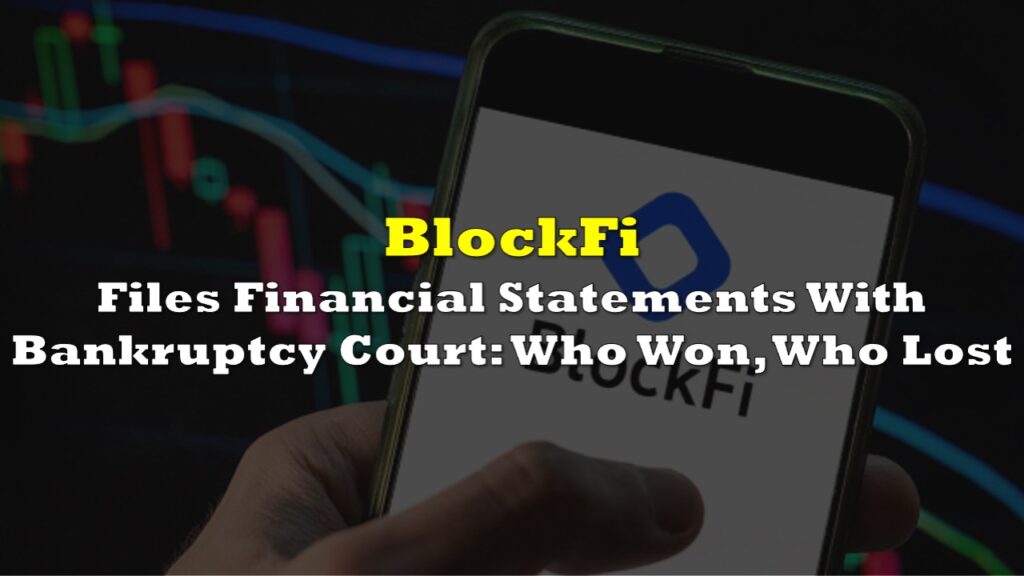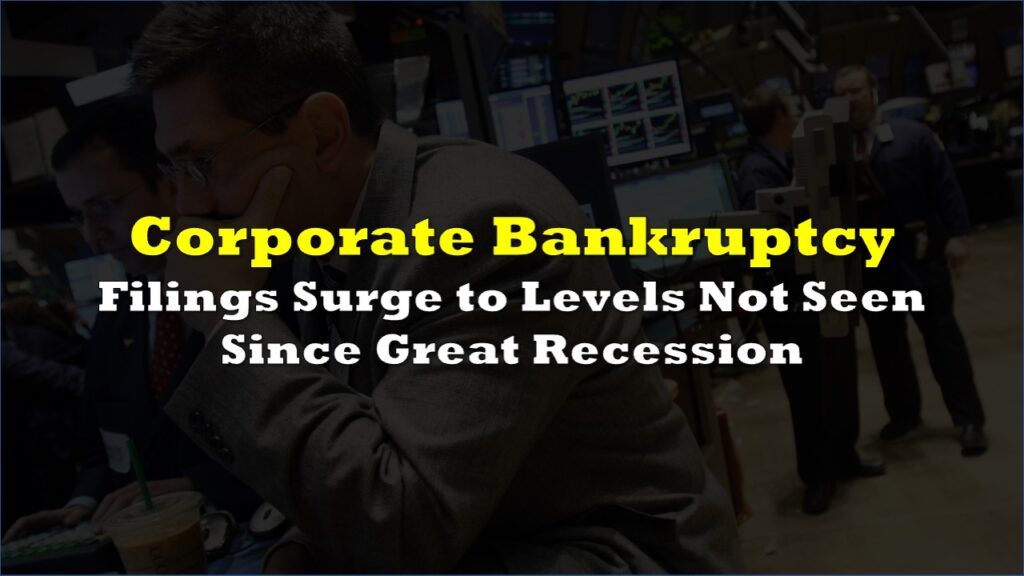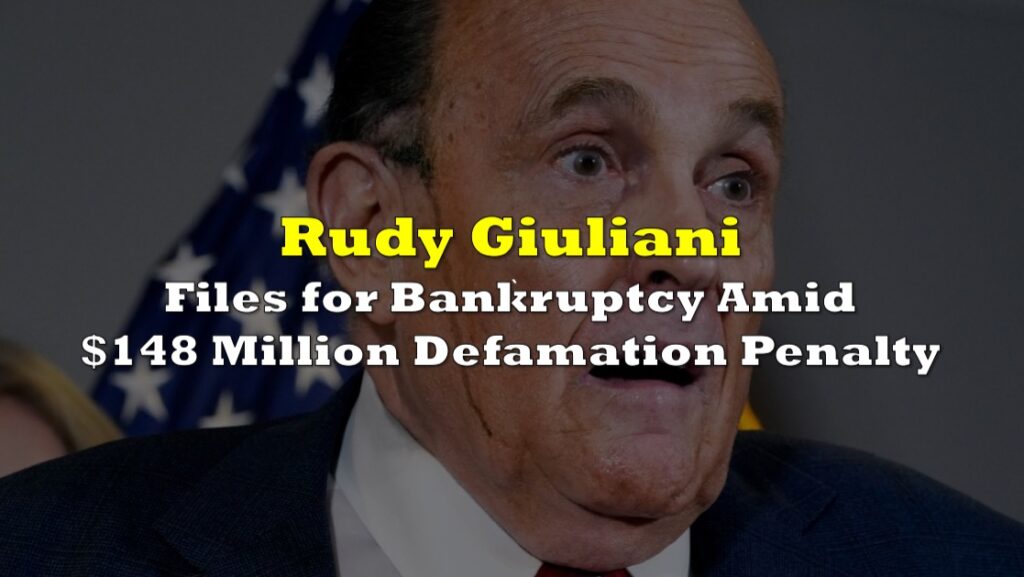In a recent tweet, the CEO of Social Capital, Chamath Palihapitiya, sounded the alarm about a looming debt crisis in corporate America, stating that it is the most underreported issue in business today. Palihapitiya, known for his controversial commentary on economic trends, highlighted the potential impact of rising interest rates on the corporate sector.
Palihapitiya’s tweet, shared on his official Twitter account, referred to a concept known as a “debt wall,” which he describes as “a term that describes how much debt is due at various times.” He explained that when a significant amount of debt matures simultaneously, it places substantial pressure on companies to refinance or repay those obligations.
What is the biggest business secret hiding in plain sight right now?
— Chamath Palihapitiya (@chamath) June 19, 2023
Well, we’ve been saying for a while on @theallinpod that we should prepare for interest rates “higher than we like and for longer than we want”.
The most under reported issue in business is how Corporate… pic.twitter.com/g6g2OpDqGQ
According to Palihapitiya, during the pandemic, many companies took advantage of historically low interest rates and issued substantial amounts of short-term debt. However, the concern arises as hundreds of billions of dollars of this debt are set to come due starting in January 2024. These companies will now face the challenge of refinancing their debt at significantly higher interest rates.
“Prepare for a bunch of companies who will not be able to refinance their debt and will thus see their equity value incinerated. This will hit the private equity industry very acutely, whose core playbook involves wrapping their companies in gobs of high yield debt,” he said.
Nevertheless, Palihapitiya also highlighted the silver lining, stating that this crisis would create opportunities for those with available capital. He suggested that astute investors who pay close attention to these developments might find lucrative prospects in buying and recapitalizing the most promising distressed companies.
But he anticipates a lot of stories about potential corporate bankruptcies on the flip side.
“Expect a bunch of articles about potential corporate bankruptcies starting this fall…lots of money to be made if you’re paying attention,” he added.
The year 2023 has so far been rocked by crashes of some of the biggest names in banking, including Silvergate Bank, Signature Bank, First Republic Bank, and Silicon Valley Bank–with the latter recently filing its official bankruptcy application. Retail giant Bed, Bath & Beyond and media outfit Vice are also some of the firms that filed for bankruptcy this year.
His latest tweet echoes a view he already shared earlier this year with Social Capital’s 2022 annual letter, preaching that “a company’s success will be judged by its profits and market leadership – not faux ‘profitability’ metrics or your ability to latch your company onto the latest trend or fad.”
Palihapitiya noted 2022 as the era of ending “excess, abundance, and zero interest-rate policy (ZIRP),” marked by the fastest interest rate hikes implemented by the Federal Reserve.
“Last year, we likened it to ending the best party in town – but instead of simply turning on the lights, the past year has been more akin to getting cold water thrown in our faces,” the Social Capital chief said.
Palihapitiya said that when the COVID-19 pandemic hit, the government doubled down on zero interest-rate policy to revive the economy. “All of a sudden, free money flooded the economy,” he added. But supply constraints and excess liquidity created “a perfect storm” for “persistent demand-side inflation.”
“While the rate of inflation appears to have peaked, demand remains strong, leading many of us to believe that there may still be more medicine (i.e. rate hikes) to come – and we may need to take this medicine for longer than previously anticipated,” he said.
However, the noted “SPAC king” seems to be missing his strategy regarding that side of the investment space as he talks about the rundown of the year. He even included “SPAC post-mortem” as part of the topics covered by the letter in a tweet, but scarce are the details analyzing the venture.
Palihapitiya gained prominence after COVID-19 by supporting a series of Special Purpose Acquisition Vehicles, or “SPACs,” which saw their stocks skyrocket during the post-pandemic period. Nevertheless, their valuations plummeted last year as the Fed’s rate rises caused a broad market selloff.
After failing to secure acquisition prospects for his past four firm launches, Palihapitiya was eventually compelled to repay $1.5 billion to investors. In addition, he has been named in cases alleging insider stock sales.
Many of the companies brought to market by Palihapitiya through SPAC’s have seen their market capitalizations dwindle during the last 16 months. According to FactSet data, Virgin Galactic has dropped approximately 75% since January 1, 2022. Clover Health has dropped 78%, Opendoor Technologies has dropped nearly 90%, and SoFi Technologies is down 63%.
Information for this briefing was found via the sources mentioned. The author has no securities or affiliations related to this organization. Not a recommendation to buy or sell. Always do additional research and consult a professional before purchasing a security. The author holds no licenses.









